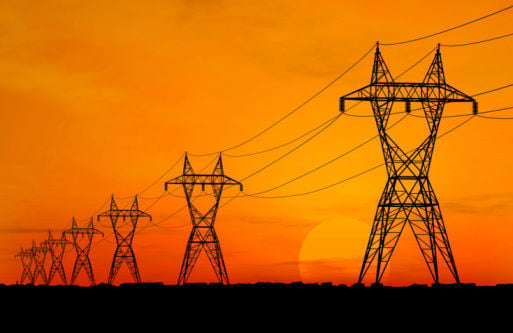PHOENIX — The state’s largest electric utility acknowledged Wednesday that it settled claims with the survivors of two customers who were found dead in their homes after their power was turned off.
The two are in addition to the previously reported death last summer of 72-year-old Sun City West resident Stephanie Pullman, whose APS power was cut off after she paid $125 of her $176 bill. The death certificate said she had preexisting conditions exacerbated by the temperature in her house.
Pullman’s death led state utility regulators to vote June 20 to immediately block electric companies under their purview, including APS and Tucson Electric Power, from shutting off power to residential customers who do not pay their bills in the hottest months, June 1 through Oct. 15. The emergency order is in effect while the commission considers a permanent rule.
In a filing Wednesday with the Arizona Corporation Commission, Barbara Lockwood, an Arizona Public Service vice president, disclosed the two other cases.
She said an unidentified customer was found deceased in her apartment in November 2011.
While APS disagreed that the power being turned off had led to the death, the company settled out of court.
Lockwood told of a similar incident in June 2018 where a customer, also female, was found dead in her residence. Here, too, the utility settled out of court.
The two 2018 deaths occurred since the company got permission in 2017 from the commission to increase what it can charge customers by $95 million a year.
The company also acknowledged that there were about 110,000 disconnections in 2018 out of 1.25 million customers, compared with about 56,000 the prior year.
Daniel Froetscher, the company’s executive vice president for operations, told Capitol Media Services it would be a mistake to link either the deaths or the increased disconnections with the new rates.
He said the 2017 case revamped the rates, including things like new time-of-day and demand charges, and that not all customers had a rate increase.
Also, Froetscher said the 2017 disconnection number was artificially low, the result of the company suspending turnoffs as part of revamping its billing system. He said the problems some customers were having paying their bills likely were pushed into 2018.
While APS settled with the estates of the two customers, there was no admission of liability, Froetscher said. He said the company decided not to proceed to a trial, in part to protect the survivors and in part because of the “avoided costs” of litigating the cases.
Froetscher would not say how much APS paid out in either case.
Lockwood, in her filing, echoed that the company is not acknowledging fault.
“It is important to note that in each case there are other circumstances and contributing factors that likely impacted the customer’s health,” she wrote. “It is typically unknown, and often unknowable, what role — if any — disconnection of electric service played.”
In Pullman’s case, Froetscher said that, to date, there has been no claim filed against the company by her survivors.
Froetscher said the company does not acknowledge any wrongdoing in its disconnects.
“In these cases, from a policy and procedures standpoint, APS did what it needed to do,” he said, saying those policies are “aligned with and in compliance” with what is required under commission rules.
Still, Froetscher said, simply complying with those policies and procedures does not answer all the questions raised and does not prevent “unwanted events and unwanted outcomes in which some of our most vulnerable populations fall through the cracks.”
“It’s tragic in that sense,” he said, saying that it becomes the responsibility of APS and other utilities, the commission, social service agencies and maybe even the Legislature and governor to take a closer look.
“It’s a bigger issue that needs to be examined as it relates to ensuring that the safety net for our most vulnerable constituents and customers is, in fact, sufficiently robust such that we do not have these kind of situations again,” Froetscher said.
Lockwood, in her filing, also said company staffers also found two other instances in the past 10 years where there were claims about disconnections having an impact on the health of a customer.
One was a 2009 claim by someone who apparently was staying at a residence where the power had been previously disconnected. He said he was harmed in a fire started from the candles he was burning for light.
That lawsuit, Lockwood said, was resolved when the occupant dismissed the case.
The other from last year involved a customer claiming in a news story of having to be hospitalized. But Lockwood said the claim against the company never alleged injury or hospitalization and the case was closed.





